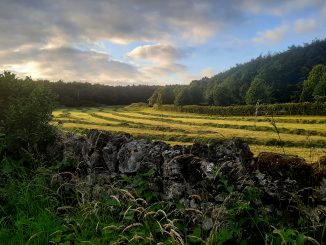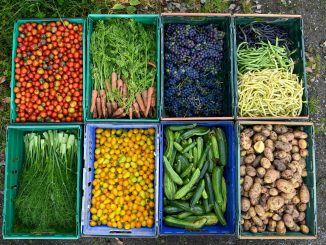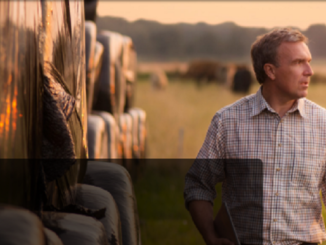The EU presidency attracts a plethora of events to the host countries. One high level upcoming event is “Hunger, Nutrition and Climate Justice” in Dublin Castle 15th and 16th April.

The background to this event is described on the EU presidency website as follows:
“The world’s population is set to reach 9 billion by 2050, which will require a 70% increase in agricultural production if everyone is to be fed. Over the same period climate change, water scarcity and land degradation could reduce food production by one quarter, leading to further increases in the number of people suffering hunger. It is those who are already poor and vulnerable who will be worst affected, despite having contributed least to the causes of climate change.
The global challenges of hunger, nutrition and climate justice are linked. To be credible, the global response must be based on a clear understanding of the rights and the reality of the lives of the people most affected, now and in the future. We need to move away from a business-as-usual approach to development if these global challenges are to be resolved in our lifetimes.”
“Hunger nutrition and climate justice” uses what is, by international conference standards, quite a participatory (learning circle) methodology and focuses in many cases on local solutions, while bracing topics like rights and risks. Even the overall theme itself represents putting important but under-reported topics back onto the agenda.
The very notion of climate justice (and not just climate change) is a refocusing in itself. Al Gore, Mary Robinson and Irish president Michael D Higgins are some of the more noteworthy names presenting.
Sadly, however, the EU and Irish context these events are being held in is one quite hostile to the stated aims of the events.
While CAP negotiations are still ongoing, foreign aid has been a target. The measly 0.7% of GDP target for the EU foreign aid is still unreached. The Secretary General of the Group of African, Caribbean and Pacific States Dr Mohamed Ibn Chambas has expressed “profound regret” at the European Council’s proposal “to cut development aid funding by more than 7%, compared to figures put forward by the European Commission. This includes a disproportionate 11% slash to the European Development Fund (EDF), which benefits 930 million people in ACP countries” he said in February. (See here for an OXFAM infographic on the matter)
The EU has a commitment to spend 20% of its budget on climate change, but in practical terms, it is unlikely to carry this out with cuts to the overall budget.
It’s also, unfortunately, highly unlikely that the CAP will so radically transform that it will become far more beneficial to grow vegetables than keep cattle. And in real terms, feeding the 9 billion without contemplating dietry change is, as it were, ignoring the beast in the living room, entheric fermentation and all.

The trend at OECD level has been to reduce the value of aid too, down 3% from 2010 to 2011.
Recently, the Irish government announced the heads of a Climate Change bill that has no targets beyond 2020.
Irish Aid money certainly gets spent well. Irish Aid is one of the largest funders of the World Agroforestry Centre, and is involved in supporting large scale agroforestry initiatives in Malawi.
However Ireland too is short of the 0.7% of GDP spend on foreign aid, clocking in at 0.5%. And it didn’t reach 0.7% even when the economy was booming, despite stating that it would upon joining the UN security council.
That Ireland is widely applauded for maintain 0.5% shows just how far Europe has to travel if it is to meet its international obligations.





